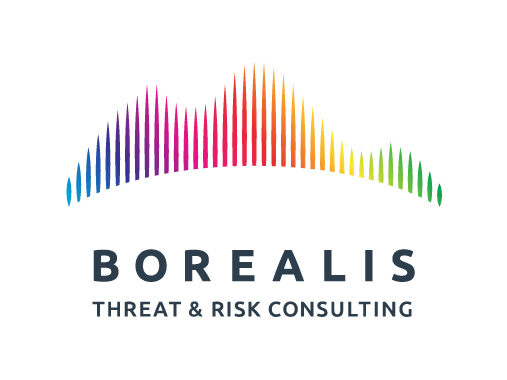This piece first appeared in The Epoch Times Canada on December 9, 2024.
Assad is gone from Syria. Hip hip hooray. Actually, let’s wait a minute before celebrating.
Any time a dictator who has abused his nation’s citizens—jailing them, torturing them, and even using chemical weapons against them—is forced to flee has to be a good day. Yes, far too many autocrats remain in power, but one less is on the throne as of today.
I am referring, of course, to the shocking (to some) precipitous exit from Syria over the past 48 hours of Bashar al-Assad in the wake of an accelerated series of military advances from opponents to his awful regime. That Assad found his way to Moscow and is now under the “protection” of Vladimir Putin is telling. Russia, and its Soviet predecessor, have long been closely tied to the Assads (father and son) and a major military supporter of the family compact.
With the end of the Assad dynasty and the “liberation” of Syria, what’s next? Not surprisingly, there has already been a slew of analyses and commentaries issued in the wake of this news story, and it is not my place to dissect each one. There is one angle, however, that has received quite some promotion, and one which worries me as a former counterterrorism analyst at the Canadian Security Intelligence Service with a specialization in Islamist extremism (i.e., jihadism).
One of the most important actors in the fall of Assad is known as Hayat Tahrir al-Sham (HTS), a group led by Abu Mohammed al-Jolani (“al-Jolani” is an Arabic phrase which refers to the Golan Heights in western Syria, an area of longtime contention between Israel and Syria, and where he once lived). HTS was once affiliated with Al Qaeda, but some seem to be putting much stock in al-Jolani’s “rupture” with the terrorist organization. He now claims to have “seen the light” (his own road-to-Damascus moment?) and become a pragmatist, having severed the group’s ties to Al Qaeda. Should anyone believe him?
First and foremost, putting much stock in the words and promises of a (former) jihadi, or any terrorist for that matter, is a risky business. It wasn’t long ago that the Taliban, who retook Afghanistan in 2021 after the U.S. withdrawal, told the world that they were a kinder, gentler bunch of Islamists, a Taliban 2.0 as it were. Does anyone still trust the Taliban given their even more brutal governance over Afghans (these misogynists even enacted a decree stopping women from attending midwife classes)? Al-Jolani himself even praised the return of the Taliban, seeing the jihadis as an inspiration.
In addition, lots of terrorist groups have a falling-out with each other only to go on to even more heinous acts of violence. Let us not forget that ISIS was once Al Qaeda in Iraq before going rogue. Its human rights record in Iraq, Syria, and Kurdistan to this day speaks volumes of its “transition” to politics. We are seeing the same in Colombia with the National Liberation Army and the Revolutionary Armed Forces (FARC): many saw a “peace agreement” between FARC and the government as the end of terrorism in that country, but both organizations are still engaged in attacks.
As a strategic counterterrorism analyst, my motto was “once a terrorist always a terrorist.” This belief does not ignore the possibility that violent extremists can eventually see the futility of their strategies and adopt new tactics, including political ones. But it is a poor premise upon which to assess future risk, and prepare one’s country for future attacks. It is much better to assume for the time being that HTS will stay true to its origins and may try to establish a Taliban-like power structure in Syria. We must wait for more data to come in and more time to elapse before concluding that these jihadis are indeed HTS 2.0.
There are also other groups and interests involved in what is happening in Syria: ISIS, Kurdish organizations such as the PKK, and the nations of Israel, Turkey, Iraq, and, not shockingly, the United States. It will be interesting to see how this all plays out in the months and years to come.
So yes, celebrate the ouster of a disgustingly violent dictator and good riddance to his family. But don’t make the mistake of labelling Syria an ex-terrorist haven just yet.

